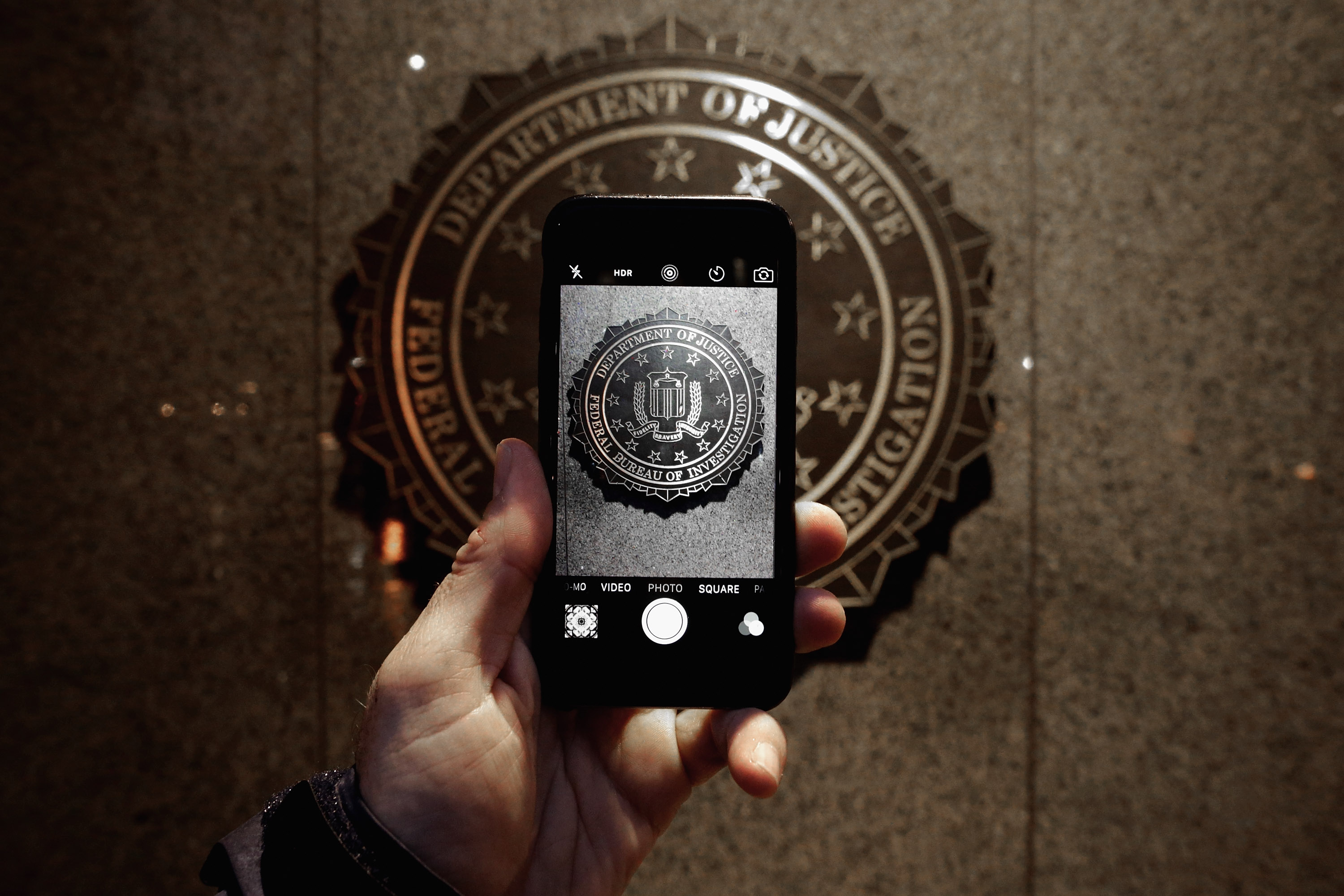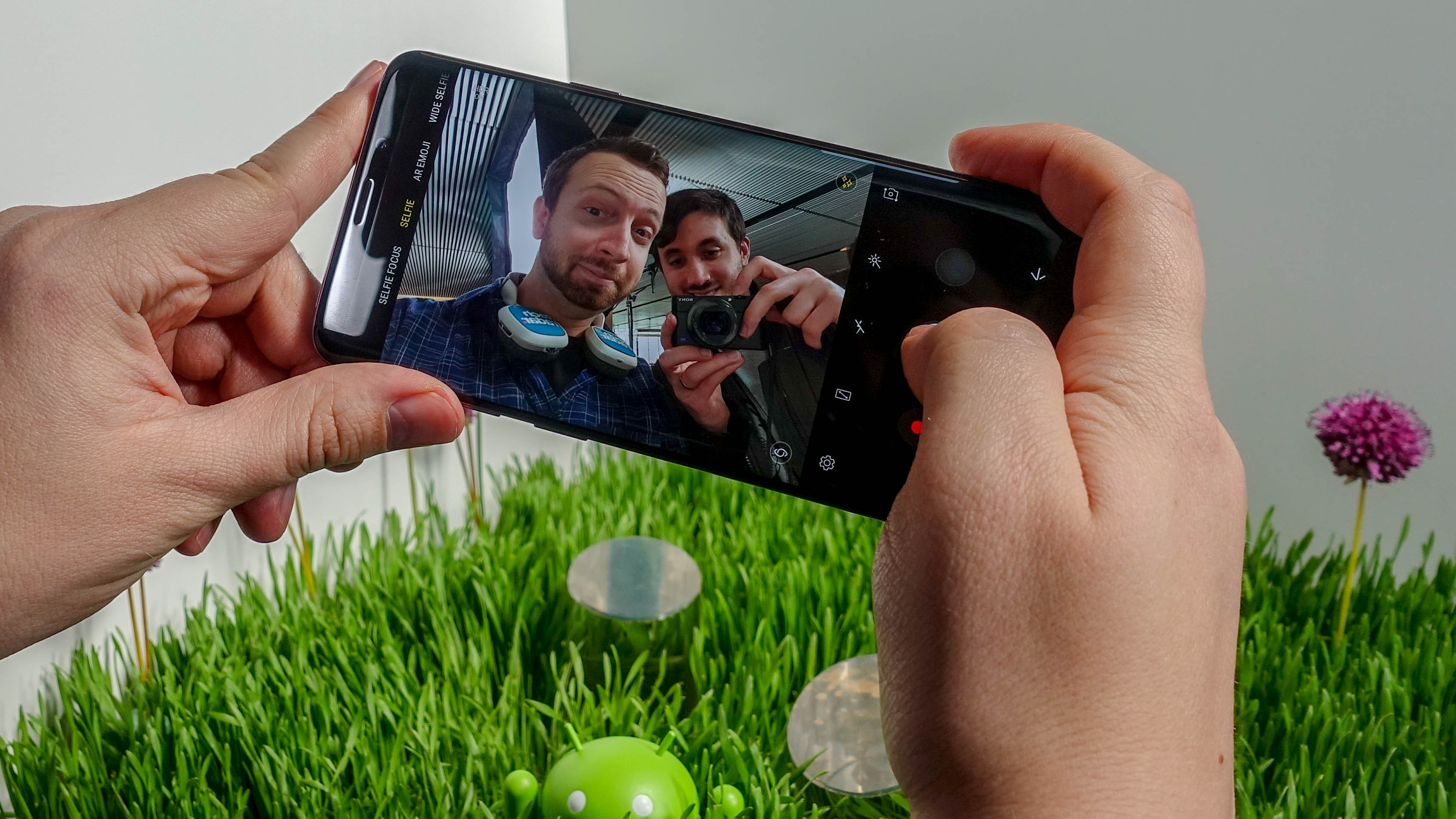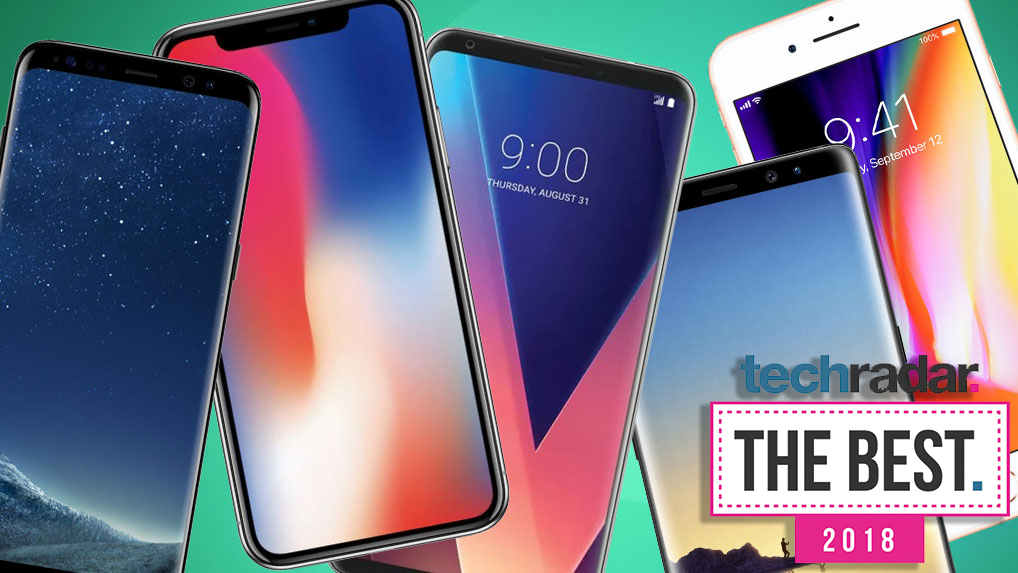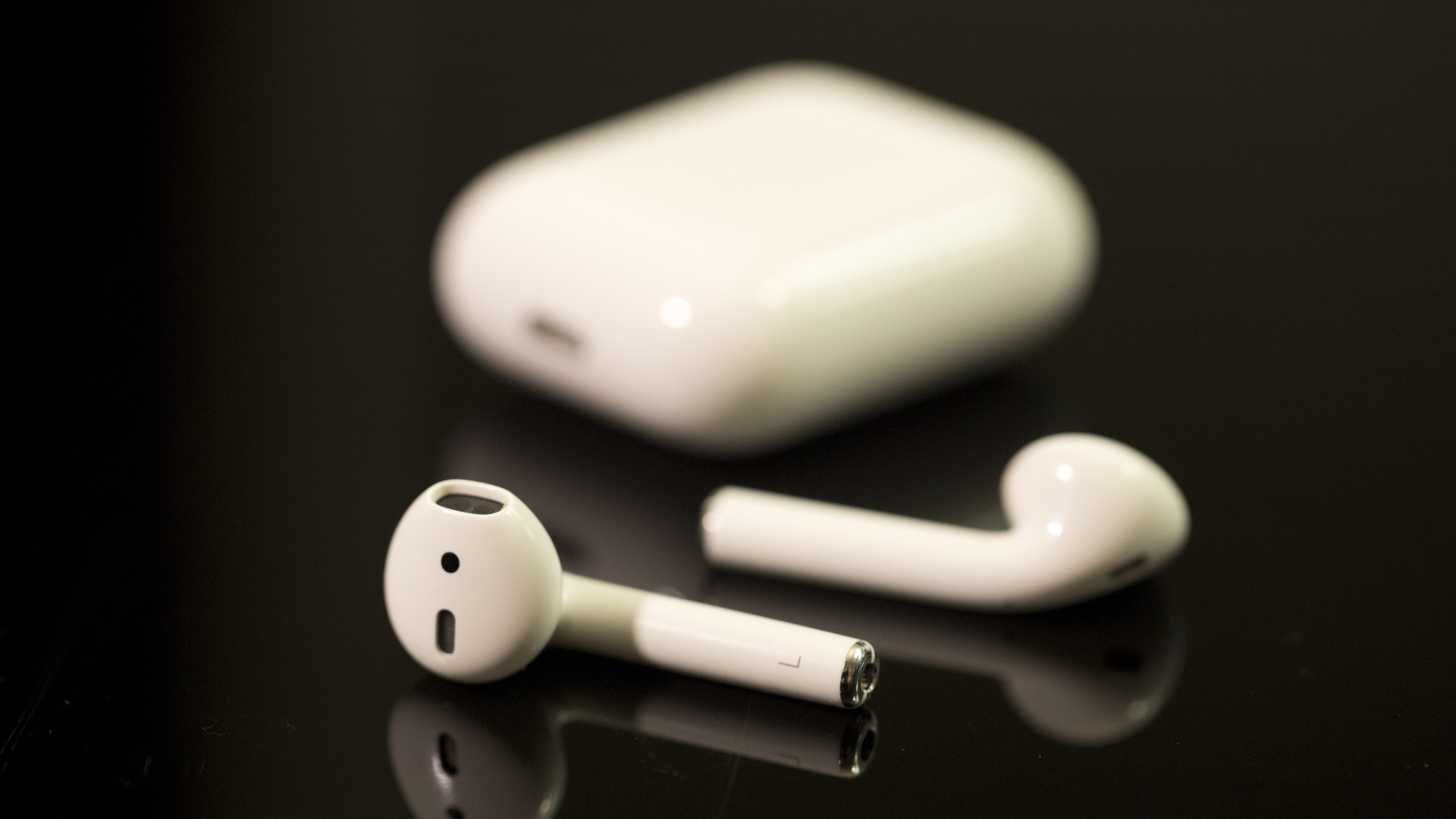Technology
Criminals and terrorists, like millions of others, rely on smartphone encryption to protect the information on their mobile devices. But unlike most of us, the data on their phones could endanger lives and pose a great threat to national security.
The challenge for law enforcement, and for us as a society, is how to reconcile the advantages of gaining access to the plans of dangerous individuals with the cost of opening a door to the lives of everyone else. It is the modern manifestation of the age-old conflict between privacy versus security, playing out in our pockets and palms.
One-size-fits all technological solutions, like a manufacturer-built universal backdoor tool for smartphones, likely create more dangers than they prevent. While no solution will be perfect, the best ways to square data access with security concerns require a more nuanced approach that rely on non-technological procedures.
The FBI has increasingly pressed the case that criminals and terrorists use smartphone security measures to avoid detection and investigation, arguing for a technological, cryptographic solution to stop these bad actors from &going dark.& In fact, there are recent reports that the Executive Branch is engaged in discussions to compel manufacturers to build technological tools so law enforcement can read otherwise-encrypted data on smartphones.
But the FBI is also tasked with protecting our nation against cyber threats. Encryption has a critical role in protecting our digital systems against compromises by hackers and thieves. And of course, a centralized data access tool would be a prime target for hackers and criminals. As recent events prove & from the 2016 elections to the recent ransomware attack against government computers in Atlanta & the problem will likely only become worse. Anything that weakens our cyber defenses will only make it more challenging for authorities to balance these &dual mandates& of cybersecurity and law enforcement access.
There is also the problem of internal threats: when they have access to customer data, service providers themselves can misuse or sell it without permission. Once someonedata is out of their control, they have very limited means to protect it against exploitation. The current, growing scandal around the data harvesting practices on social networking platforms illustrates this risk. Indeed, our companySymphonyCommunications, a strongly encrypted messaging platform, was formed in the wake of a data misuse scandal by a service provider in the financial services sector.

(Photo by Chip Somodevilla/Getty Images)
So how do we help law enforcement without making data privacy even thornier than it already is A potential solution is through a non-technological method, sensitive to the needs of all parties involved, that can sometimes solve the tension between government access and data protection while preventing abuse by service providers.
Agreements between some of our clients and the New York State Department of Financial Services (&NYSDFS&), proved popular enough that FBI Director Wray recently pointed to them as a model of &responsible encryption& that solves the problem of &going dark& without compromising robust encryption critical to our nationbusiness infrastructure.
The solution requires storage of encryption keys — the codes needed to decrypt data — with third party custodians. Those custodians would not keep these clientencryption keys. Rather, they give the access tool to clients, and then clients can choose how to use it and to whom they wish to give access. A core component of strong digital security is that a service provider should not have access to clientunencrypted data nor control over a clientencryption keys.
The distinction is crucial. This solution is not technological, like backdoor access built by manufacturers or service providers, but a human solution built around customer control. Such arrangements provide robust protection from criminals hacking the service, but they also prevent customer data harvesting by service providers.
Where clients choose their own custodians, they may subject those custodians to their own, rigorous security requirements. The clients can even split their encryption keys into multiple pieces distributed over different third parties, so that no one custodian can access a clientdata without the cooperation of the others.
This solution protects against hacking and espionage while safeguarding against the misuse of customer content by the service provider. But it is not a model that supports service provider or manufacturer built back doors;our approach keeps the encryption key control in clients& hands, not ours or the government&s.
A custodial mechanism that utilizes customer-selected third parties is not the answer to every part of the cybersecurity and privacy dilemma. Indeed, it is hard to imagine that this dilemma will submit to a single solution, especially a purely technological one. Our experience shows that reasonable, effective solutions can exist. Technological features are core to such solutions, but just as critical are non-technological considerations. Advancing purely technical answers & no matter how inventive & without working through the checks, balances and risks of implementation would be a mistake.
- Details
- Category: Technology
Read more: A simple solution to end the encryption debate
Write comment (94 Comments)South Korean electronics conglomerate LG Group announced this morning that the companylongtime chairman Koo Bon-Moo has passed away at 73. Koodeath follows a year-long battle with brain disease, for which he had undergone surgery, according to Reuters.
The executive stepped into the role in 1995 and served as a driving force in establishing LG as an electronics powerhouse. His tenure focused on electronics, chemicals and telecom, and Koo also oversaw the companytransition from Lucky Goldstar to the more streamlined LG, a name change that occurred the year he took power.
Bloomberg notes that the company more than quintupled sales under Koonear quarter-century tenure atop LG.
Koo Kwang-mo, the late-executiveadopted son, is expect to take over the reins of the company, marking the fourth generation of family control for the electronics company. The younger Koo has been with the company since 2006, starting in its finance division and now running its information display unit.
Koo Kwang-mo was nominated to the companyboard on Thursday. His approval is pending a shareholder vote late next month,.
- Details
- Category: Technology
Read more: Longtime LG Group chairman Koo Bon-Moo dies at 73
Write comment (92 Comments)
The best unlocked phone in the US is be a smart buy if you want to travel the globe or simply don’t want to be tied to a single carrier, like AT-T, Verizon, T-Mobile or Sprint. You’ll be able to swap in SIM cards between various carriers and use the phone anywhere in the world. Say goodbye to expensive roaming charges.
However, before we dive
- Details
- Category: Technology
Read more: Best unlocked phone in the US
Write comment (91 Comments)

Our new best phone in the US list for 2018 is made up of familiar names like Apple, Samsung and Google at the top, but it's still tough to decide which handset to buy.
Your problems are solved on this page, and we have tested the best smartphones to release in the United States. Buying the right one is more than just a hunch for us.
We test out the
- Details
- Category: Technology
Read more: Best phone in the US for 2018: the 13 top smartphones we've tested
Write comment (96 Comments)
The best accessoriesfor iPhone 8 and iPhone 8 Plus can make Apple's 'regular' iPhone stand out in an increasingly all-screen smartphone world.
Ready to make your iPhone 8 brilliant with add-ons that take advantage of the new wireless-charging-ready glass design, fast-charging capabilities and 12MP camera
Hold onto your home buttons. Below, we've
- Details
- Category: Technology
Read more: These are the best accessories for the iPhone 8
Write comment (94 Comments)
Despite a very vocal Twitter movement to #DeleteFacebook, new findings from investment bank and financial services company Goldman Sachs have revealed that the Cambridge Analytica data scandal, which saw the private information of up to 87 million Facebook users harvested and used to influence the 2016 US Election, had very little impact on the
- Details
- Category: Technology
Read more: What scandal Facebook usage actually increased after Cambridge Analytica
Write comment (98 Comments)Page 5342 of 5614

 19
19